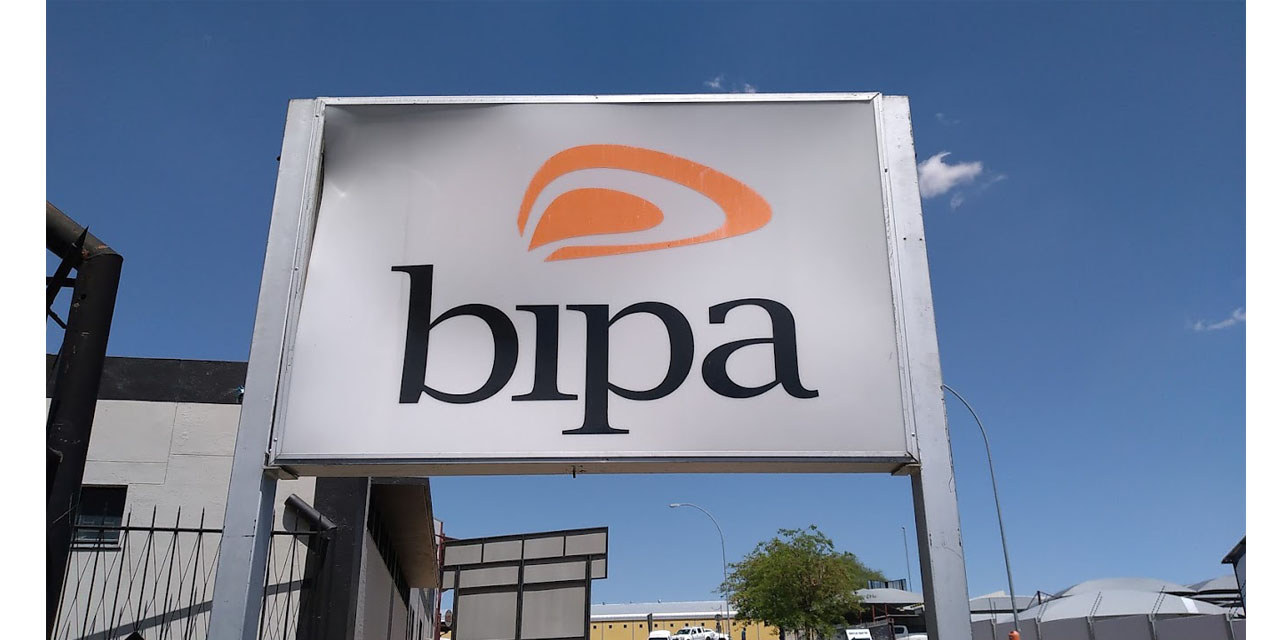Hertta-Maria Amutenja
Since the beginning of its yearly duty penalty waiver program in November 2023, the Business and Intellectual Property Authority (BIPA) has forgiven fines totalling N$219 million for 28 203 businesses.
This follows the extension of the waiver deadline to 30 September 2025, aimed at helping thousands of non-compliant businesses avoid deregistration and regain good standing.
The waiver applies to all registered entities with outstanding annual duty payments and late fees from 2012 to 2022.
BIPA confirmed that, as of 31 March this year, around 177 000 entities had not yet participated in the campaign.
According to BIPA’s spokesperson, Ockert Jansen, the waiver programme is a vital intervention for local entrepreneurs, particularly small and medium enterprises (SMEs) facing compliance challenges.
“BIPA’s priority is to empower business owners with the tools and knowledge to keep their ventures compliant and thriving, allowing them to focus on building their dreams and inspiring others to do the same,” Jansen said.
He said that businesses that fail to use the waiver window may remain liable for accumulated penalties and could face deregistration due to non-compliance.
“The waiver benefit is only applicable to those who opt in within the specified period. This will be a lost opportunity for these entities. Entities that do not take advantage of the programme will forfeit the opportunity to restore their compliance status and return to good standing with BIPA under the relief provisions of the initiative,” Jansen said.
To ensure wider participation, especially from rural and remote regions, BIPA launched an integrated public awareness campaign using radio, television, and regional outreach initiatives. The authority has also established a regional office in Ongwediva to bring services closer to businesses in northern Namibia.
Despite these efforts, challenges remain. A significant number of business owners, particularly those in remote areas, still lack access to accurate and timely information.
The Namibia Local Business Association (NALOBA) has raised concerns about the impact of potential deregistration on SMEs.
“There are quite a number of challenges that businesses are facing. One of the key issues is affordability, especially for SMEs. Some businesses are in remote areas and may not have access to the internet. Even when they can comply, the information just does not reach them,” said NALOBA spokesperson Marius Nangolo.
Nangolo stressed the need for BIPA to revisit its compliance requirements for SMEs and to simplify the process.
BIPA identified several reasons why businesses fail to meet annual duty obligations. These include a lack of awareness, especially when registration was still under the Ministry of Trade, limited regional access, misinterpretation of post-registration obligations, and inactive or dormant entities created for once-off tender applications. Some business owners also mistakenly believed that non-trading businesses were exempt from compliance.




